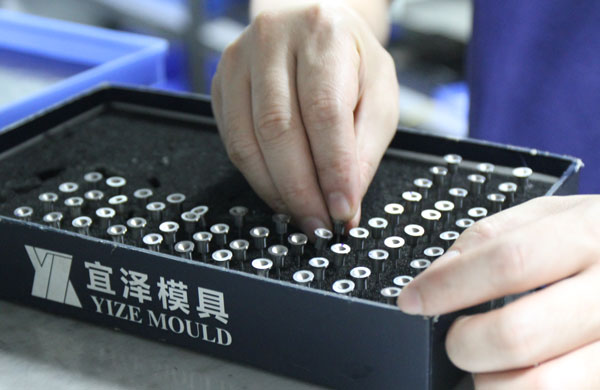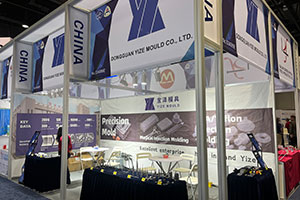In-Depth Analysis of Tungsten Carbide Punch Consumption in the Domestic Market
Amidst the thriving domestic manufacturing sector, tungsten carbide punches, as crucial materials in mold manufacturing, directly impact production efficiency and costs. However, domestically produced hot-worked tungsten carbide punches still exhibit […]
Amidst the thriving domestic manufacturing sector, tungsten carbide punches, as crucial materials in mold manufacturing, directly impact production efficiency and costs. However, domestically produced hot-worked tungsten carbide punches still exhibit deficiencies in variety and performance, with only two steel grades available in the general-purpose steel category. This gap is even more pronounced in the realm of plastic tungsten carbide punches, where the national standard encompasses just one steel grade, compared to the seven offered in the United States. Furthermore, the development of specialized mold steels, such as CrMnN series non-magnetic tungsten carbide punches and high-temperature glass tungsten carbide punches, has become a pressing issue.
Insights into Market Demand Characteristics
Our factory business: carbide parts, mold parts, medical injection molds, precision injection molds, teflon PFA injection molding, PFA tube fittings. email: [email protected],whatsapp:+8613302615729.
- Precise Demands of Modern Mold Factories: With the increase in newly established modern mold factories in China, these facilities are typically equipped with advanced hole processing, work surface grinding, and polishing equipment. Consequently, they impose higher requirements on the heat treatment and machining of tungsten carbide punches. Regrettably, some steel mills currently struggle to fully meet these refined needs.
- Urgency in Delivery Times: In the fast-paced, high-efficiency modern production landscape, mold manufacturing cycles have been significantly shortened, placing stringent demands on the delivery times of tungsten carbide punches, often requiring completion within approximately five days. This poses a significant challenge to suppliers’ rapid response capabilities.
- Dual Assurance of Quality and Lifespan: Given the exorbitant costs associated with manufacturing modern, large-scale, complex, and long-lasting molds, manufacturers place unprecedented emphasis on the quality and lifespan of tungsten carbide punches. They are willing to pay more for high-quality steel and, when domestic supplies cannot meet their requirements, resort to imports to ensure the high quality and efficiency of mold manufacturing.

Existing Gaps and Directions for Improvement
Currently, there is a noticeable disparity between the production and supply of tungsten carbide punches in China and market demands. A prominent issue is that steel mills primarily provide rough-processed materials, whereas users actually require flat steel. However, 90% of the market supply consists of round bars, forcing users to undertake their own forging and cutting, thereby increasing production costs. Therefore, accelerating product innovation, enhancing service responsiveness, and strengthening quality assurance systems are crucial for bridging the gap and satisfying market demands.
In conclusion, the domestic tungsten carbide punch industry faces unprecedented opportunities and challenges. Only through continuous innovation and pursuit of excellence can it seize the initiative in the upcoming market competition and drive the sustained and healthy development of the industry.






